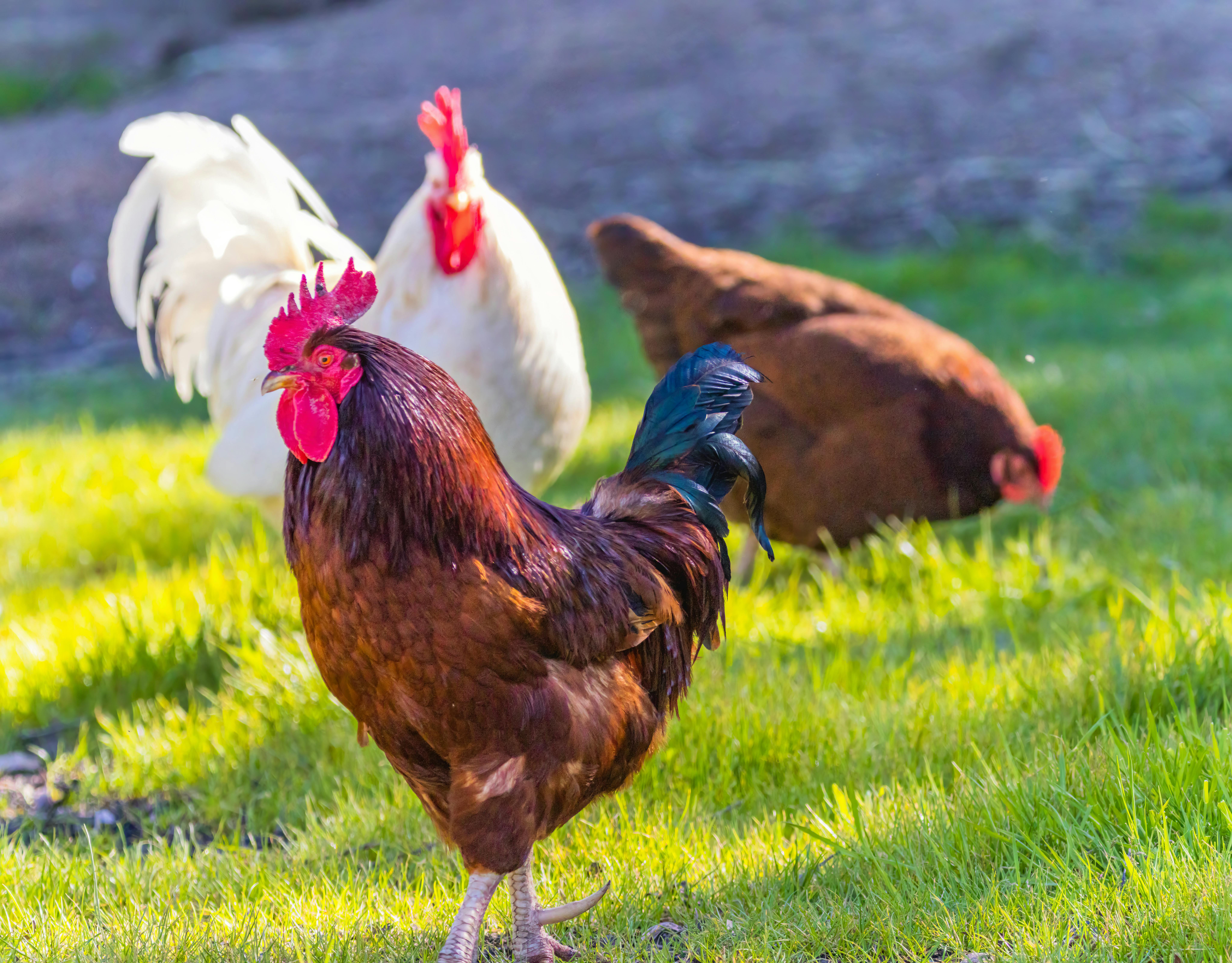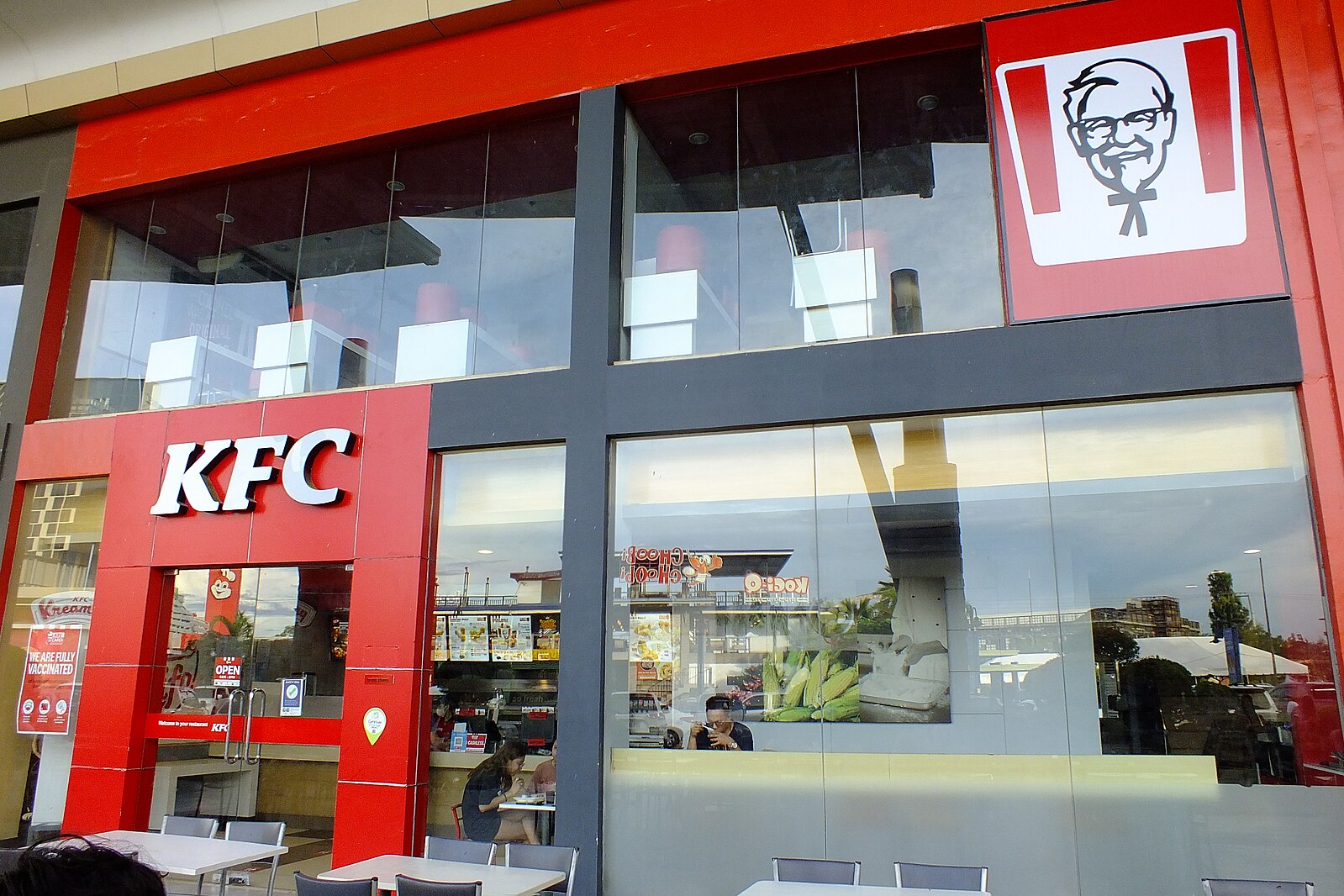Grocery aisles overflow with packages sporting terms like “farm-fresh” and “naturally raised,” creating a marketing maze that leaves shoppers guessing. The USDA finally cut through this confusion in March 2025 with new rules that separate genuine pasture-raised products from clever packaging tricks.
Behind this regulatory shift lies a grassroots petition led by Pasturebird and supported by Perdue Farms. What emerged after decades of label confusion was a March 2025 ruling that creates enforceable standards, distinguishing “pasture-raised” from the looser “free-range” designation that merely requires outdoor access.
Animals earning the new pasture-raised label must graze on land covered with rooted grasses and vegetation rather than concrete yards. Research shows this distinction produces meat with higher omega-3 fatty acids and superior nutritional profiles, giving consumers tangible benefits like strong bone development.
“USDA is finally acknowledging the grassroots difference that pasture raised has meant for small, independent farms for more than 30 years,” said Mike Badger from the American Pastured Poultry Producers Association.
Shopping Smart in the New Era
Certification bodies like Certified Humane and Global Animal Partnership quickly updated their standards to align with USDA guidelines. Smart shoppers should seek these third-party stamps alongside the pasture-raised claim for double verification.
Multiple stakeholders win under these new rules, except for misleading marketers who profited from vague terminology. Small farmers gain long-overdue recognition for their higher standards while consumers receive the transparency they demanded through overwhelming public support.
Wallets will feel the difference as prices reflect true pasture-raising costs. Authentic operations require significantly more land, time, and resources than conventional methods, but the new definition eliminates cheap imitations that previously crowded premium shelves.
Beyond simple label clarity, this regulatory victory signals growing consumer power in demanding honest food marketing. Next grocery trip, that pasture-raised label carries real meaning backed by federal standards.


















